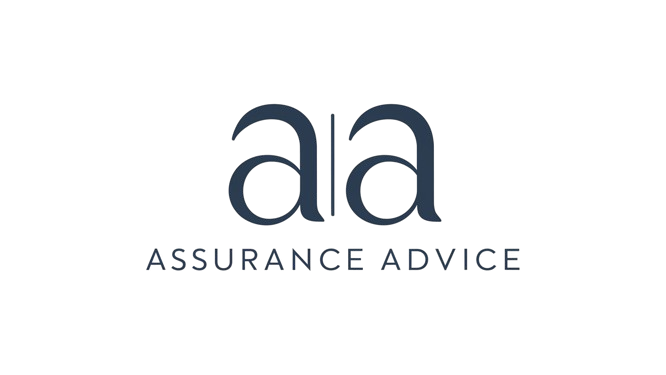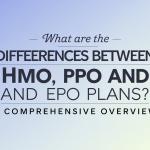Differences Between HMO, PPO, and EPO Plans
Navigating the complex world of health insurance can be confusing and intimidating, especially with all of its options such as HMO, PPO, and EPO plans. Understanding their differences is vital for choosing one that fits both your healthcare needs and budget. This article explores each plan's features, advantages, and disadvantages to help you make the best choice.
What Are HMO Plans?
HMO stands for Health Maintenance Organization. These plans focus on managed care while remaining affordable. Here are the key features:
- Network-Exclusive Coverage: HMO plans require members to use providers within a specific network, with exceptions only for emergencies.
- Primary Care Physician (PCP): You must select a PCP as your main healthcare contact, and referrals are required to see specialists.
- Low Costs: HMOs typically offer lower premiums and out-of-pocket expenses compared to other plans.
Pros:
- Cost-effective premiums and copays
- Care coordination through PCPs
- Emphasis on preventive care
Cons:
- Limited provider options
- Specialist visits require referrals
What Is a PPO Plan?
PPO stands for Preferred Provider Organization. These plans offer greater flexibility but at a higher cost. Key features include:
- Network Flexibility: PPOs allow visits to both in-network and out-of-network providers, though staying in-network is cheaper.
- No Referrals Needed: No need for a PCP referral to see specialists.
- Higher Costs: Premiums, deductibles, and out-of-pocket expenses are typically higher than HMO plans.
Pros:
- Greater freedom in selecting providers
- No referrals required for specialists
- Coverage for out-of-network care
Cons:
- Higher premiums and out-of-pocket costs
- Complex billing for out-of-network claims
What Is an EPO Plan?
EPO stands for Exclusive Provider Organization, blending elements of HMOs and PPOs. Key features include:
- Network-Exclusive Coverage: EPOs only cover in-network services, except in emergencies.
- No Referrals Needed: Like PPOs, EPOs do not require referrals for in-network specialists.
- Moderate Costs: Premiums and out-of-pocket costs are typically lower than PPOs but higher than HMOs.
Pros:
- Access to specialists without referrals
- Lower premiums compared to PPOs
- Predictable costs within the network
Cons:
- No coverage for out-of-network providers (except emergencies)
- Smaller provider networks compared to PPOs
Selecting the Appropriate Plan
Consider these factors when deciding between HMO, PPO, and EPO plans:
- Healthcare Needs: Frequent specialist visits may favor a PPO for flexibility.
- Budget: If affordability is key, an HMO may be the best choice.
- Preferred Providers: Check if your doctors and hospitals are in-network for the plan you choose.
- Travel Needs: Frequent travelers might benefit from PPOs' out-of-network coverage.
Final Thoughts
Choosing the right health insurance plan requires balancing your healthcare priorities and budget. HMOs are cost-effective but restrictive, PPOs offer flexibility at a higher cost, and EPOs provide a middle ground. Review each plan's network, costs, and coverage carefully to ensure it aligns with your lifestyle and medical needs.










